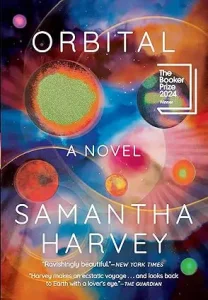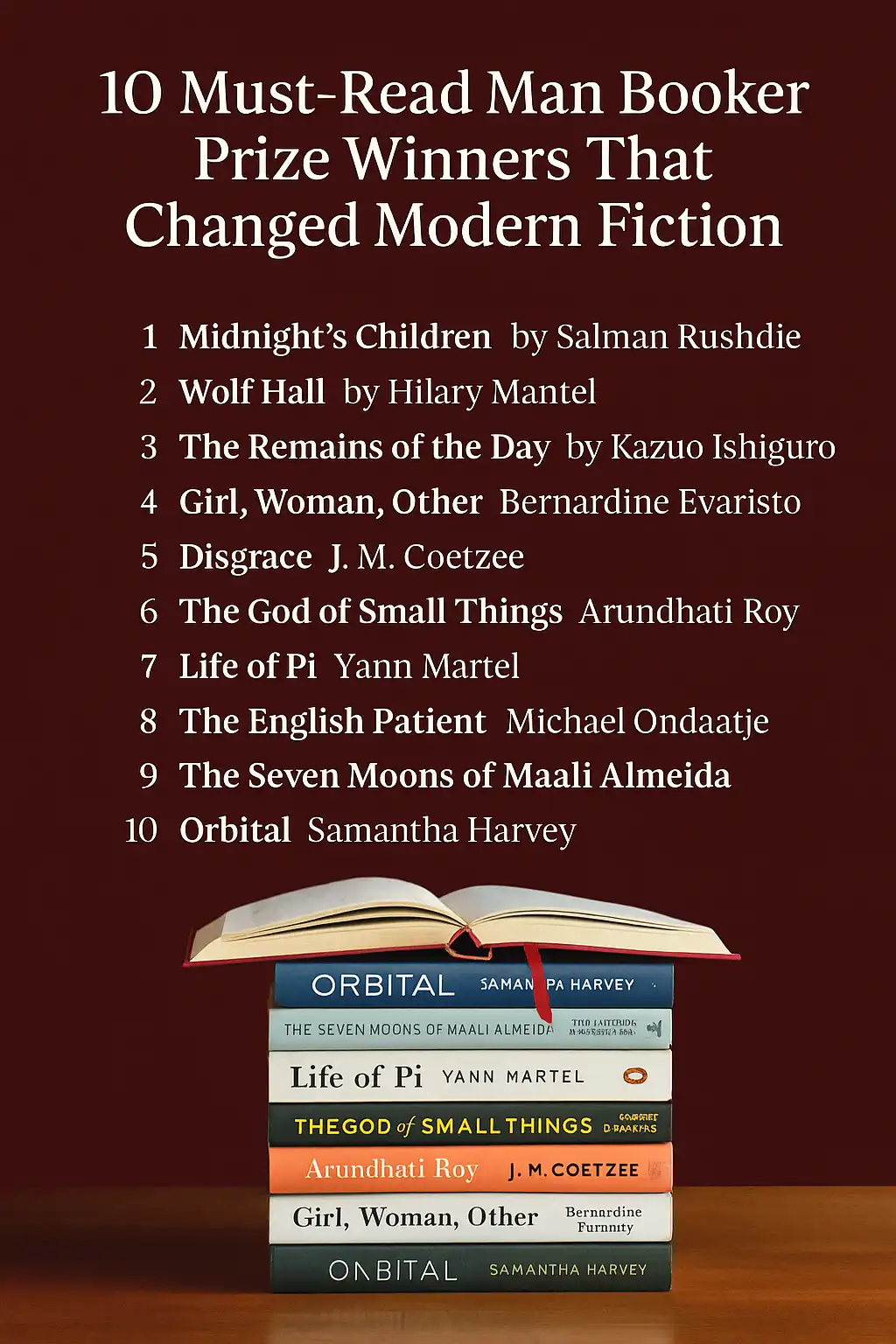10 Winners of the Man Booker Prize
The Man Booker Prize has long stood as one of the most prestigious honors in English-language fiction. Since its launch in 1969, the prize has celebrated novels that challenge our thinking, illuminate hidden truths, and inspire readers across the globe.
Each year, the award is given to an outstanding work of original fiction written in English by an author from the British Commonwealth, Ireland, or Zimbabwe. Winning the Booker isn’t just a mark of literary excellence—it’s a powerful signpost for stories that have reshaped how we read and think.
So why read Man Booker Prize winners?
Because these books are more than just well-written. They spark conversation. They stay with you. And they often reflect the political, cultural, and emotional currents of their time—making them essential reading for curious minds and serious readers alike.
10 Outstanding Man Booker Prize Winners You Shouldn’t Miss
1. Midnight’s Children by Salman Rushdie (1981)
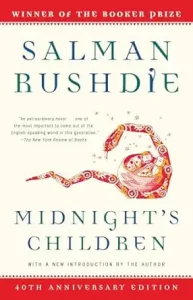
2. Wolf Hall by Hilary Mantel (2009)

3. The Remains of the Day by Kazuo Ishiguro (1989)
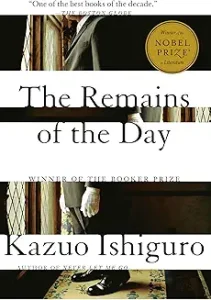
4. Girl, Woman, Other by Bernardine Evaristo (2019)
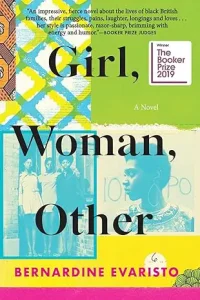
5. Disgrace by J.M. Coetzee (1999)
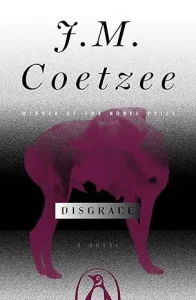
6. The God of Small Things by Arundhati Roy (1997)
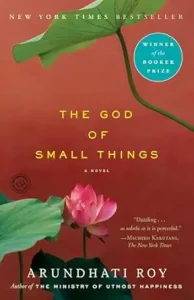
7. Life of Pi by Yann Martel (2002)
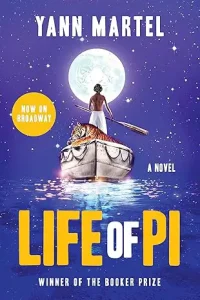
8. The English Patient by Michael Ondaatje (1992)
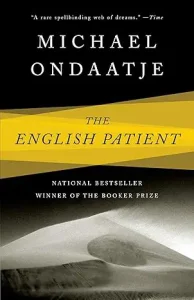
9. The Seven Moons of Maali Almeida by Shehan Karunatilaka (2022)
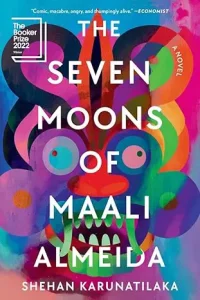
10. Orbital by Samantha Harvey (2024)
